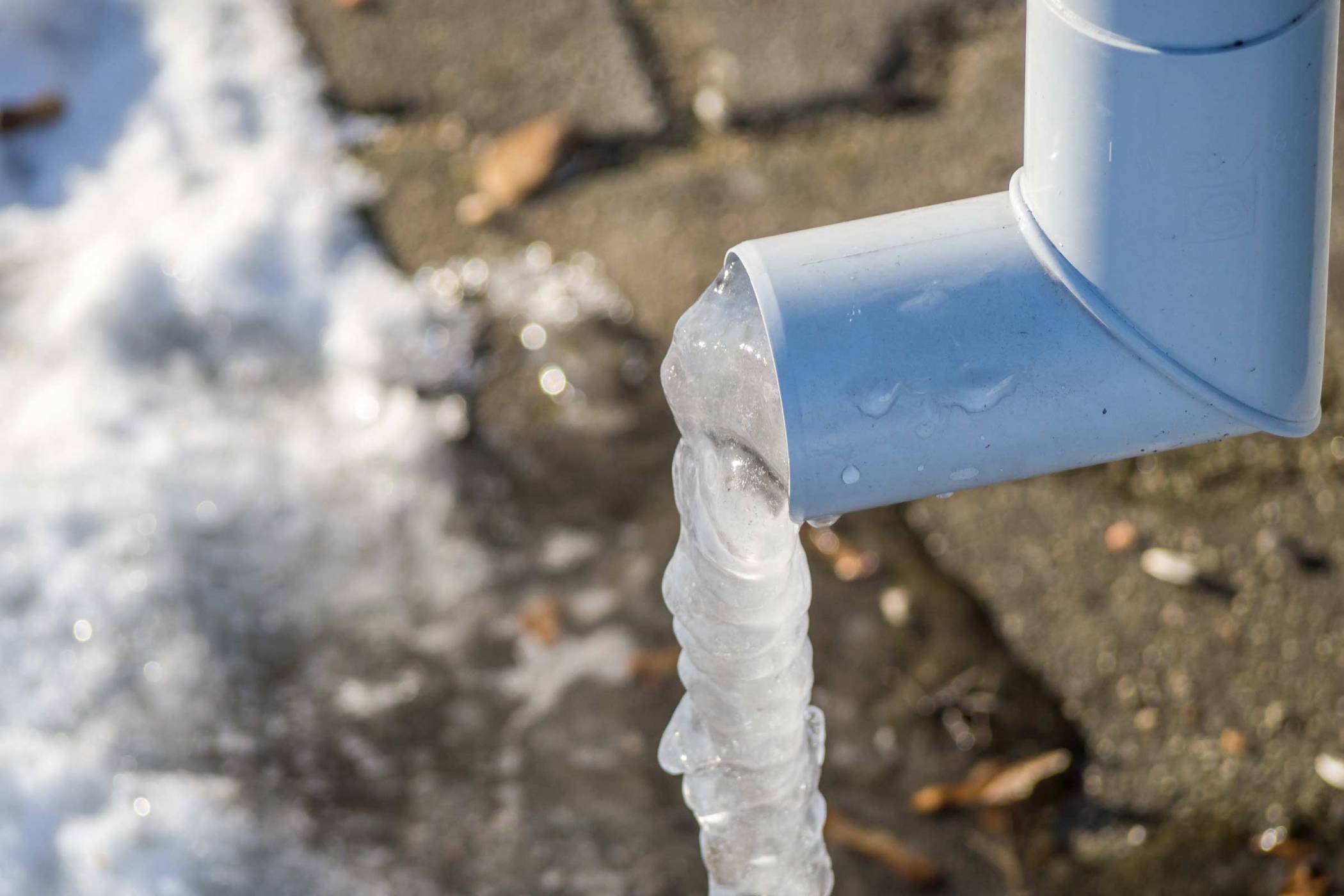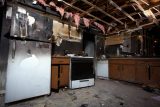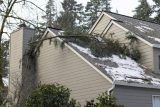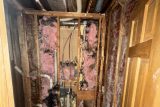How To Prevent Burst Pipes This Winter
Homeowners
1 year ago
In the cold Indiana winter, knowing how to prevent pipes from bursting is crucial for homeowners. Freezing temperatures can cause water inside pipes to expand and increase pressure, leading to cracks or bursts.
Even if your home feels warm, certain areas like exterior walls, basements, attics, and spaces near outdoor faucets can remain cold and at risk.
To protect your home, it’s essential to recognize these risk areas and take proactive measures. Let’s explore a few practical tips you can use to prevent pipes from freezing and bursting this winter.

Tips for Preventing Frozen Pipes
Insulation is Key
Use foam pipe insulation sleeves or tape, available at hardware stores, to wrap vulnerable pipes in colder areas of your home (e.g., basement or near exterior walls). This insulation keeps the water inside above freezing temperatures, preventing pipes from bursting.
Keep Your Home Warm
Keep indoor temperatures at least above freezing (around 55°F) during cold weather. You can easily use a programmable or wifi-enabled thermostat and ensure your heating system is well-maintained.
And, absolutely avoid turning off the heat when you leave the house!
A Dripping Tap Helps
To prevent pipes from bursting, select one or two faucets in vulnerable areas of your home, like the kitchen or bathroom. Let them drip slowly, with a drop of water every 5-10 seconds. This relieves pipe pressure and prevents freezing without wasting water.
Draft-Proofing
A draft is a flow of cold air that enters your home through gaps or cracks around windows, doors, or other openings. To seal drafts around your pipes, use weatherstripping or caulk.
Check for any gaps or cracks near where your pipes enter your home or in areas where you suspect cold air might be getting in. Seal these openings to prevent cold spots that can lead to freezing and bursting.
Keep Cabinet Doors Open
In areas where plumbing is located, such as under sinks in the kitchen and bathroom, keep cabinet doors open during extremely cold weather. This allows warm air from the room to circulate around the pipes, helping to prevent freezing.
Insulate Outdoor Faucets
Outdoor faucets and hose bibs are particularly susceptible to freezing. Use faucet covers or insulating materials designed for outdoor use to protect these fixtures from extreme cold.
Disconnect and drain hoses to prevent water from freezing in them. If you have shut-offs for outdoor faucets, shut them off, open the valve, allow any water left in the hose bib to leak out, and then close the valve once dripping has stopped.
Regular Pipe Inspections
Periodically inspect pipes for wear, corrosion, or leaks, especially in basements, crawl spaces, and under sinks. Listen for unusual sounds and ensure the insulation is intact.
Know Your Emergency Shut-Off’s Location
Locate the main shut-off valve near where the water supply enters your home (commonly in the basement or utility room). Label the valve, practice turning it on/off, and develop an emergency response plan with family members.
Close Crawlspace Vents
If your home is on a crawlspace, wind and ambient temperatures can freeze pipes in the crawlspace and also lead to unnecessary heat loss. But remember to open them in the spring!
What to Do If Your Pipes Burst
Experiencing a burst pipe can be overwhelming, but Lake City Restoration is here to provide the expert assistance you need.
Immediate Action is Crucial
- Shut Off Water Source: Turn off the water source if it’s safe to do so to minimize damage.
- Be Aware of Hazards: Prioritize safety and be cautious of electrical hazards or chemicals.
- Call Us 24/7: Our experts are available around the clock to respond to emergencies.
Lake City Restoration Services
At Lake City Restoration, we specialize in a range of services to address your water damage needs:
Precise Source Detection: Our advanced technology helps us quickly identify the source of water damage, allowing for effective mitigation.
Safety First: Your well-being is our top priority. Our trained technicians navigate hazards to ensure your safety.
Efficient Restoration: We believe in a precise approach to restoration, minimizing disruption to your home or business.
Mold Prevention: Fast action prevents secondary issues like mold growth.
For more information on how Lake City Restoration can help you with water damage and more, contact us today.




